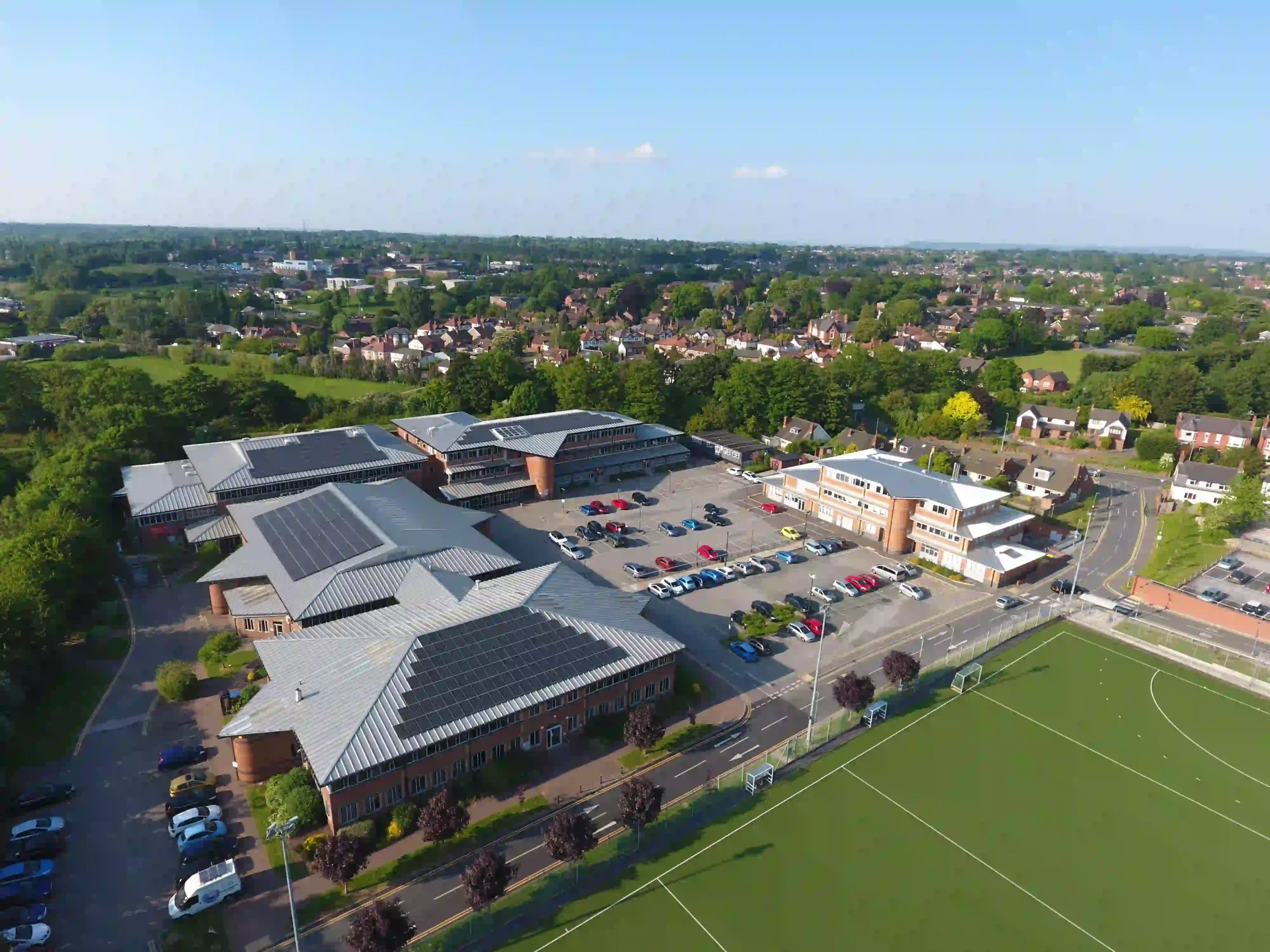In a landmark move towards a more sustainable future, governments around the world are allocating millions of pounds in funding for solar installations on public buildings. This significant investment highlights the growing commitment to renewable energy and the fight against climate change. Let’s dive into what this means for communities, the environment, and the future of energy.
A Step Towards Sustainable Energy
The transition to renewable energy is no longer just a distant goal; it is a present-day imperative. By allocating substantial funding for solar installations, governments are taking concrete steps to reduce reliance on fossil fuels. Solar energy is clean, abundant, and increasingly cost-effective, making it an ideal choice for public buildings such as schools, hospitals, and government offices.
Economic Benefits
- Job Creation: The funding will spur job creation in the solar energy sector. From manufacturing solar panels to installing and maintaining them, this initiative will create numerous employment opportunities.
- Cost Savings: Public buildings equipped with solar panels will benefit from reduced energy bills. These savings can be redirected to other essential services, enhancing community welfare.
- Economic Growth: Investing in renewable energy stimulates economic growth by fostering new industries and technologies. Local economies will benefit from the influx of investment and increased business activity.
Environmental Impact
The environmental benefits of solar energy are well-documented. By transitioning public buildings to solar power, we can significantly reduce greenhouse gas emissions. This move aligns with global efforts to combat climate change and promote sustainability. Key environmental advantages include:
- Reduction in Carbon Footprint: Solar installations will decrease the carbon emissions associated with electricity generation from fossil fuels.
- Conservation of Natural Resources: Solar power reduces the need for coal, natural gas, and other finite resources, promoting long-term ecological balance.
- Promotion of Clean Air: By decreasing reliance on polluting energy sources, solar installations contribute to cleaner air, benefiting public health.
Community Engagement and Education
Public building solar installations also serve as a powerful educational tool. Schools with solar panels can integrate renewable energy topics into their curriculum, fostering environmental awareness among students. Community centres and libraries with solar installations can host workshops and informational sessions, educating the public about the benefits and feasibility of solar energy.
The Path Forward
While this funding marks a significant milestone, it is just the beginning. Continued investment in renewable energy infrastructure is essential for long-term sustainability. Governments, private sectors, and communities must collaborate to maximise the impact of these initiatives.
To fully harness the potential of solar energy, further innovations and supportive policies are necessary. Streamlining the approval processes for solar projects, providing incentives for private investments, and investing in energy storage solutions will enhance the effectiveness of solar installations.
Conclusion
The allocation of millions in government funding for solar installations on public buildings is a transformative step towards a sustainable future. By embracing renewable energy, we can achieve economic growth, environmental preservation, and community well-being. As we look ahead, it is crucial to maintain momentum and continue investing in the technologies and policies that will power our world sustainably.
Join the conversation and stay informed about the latest developments in renewable energy. Together, we can make a difference and build a brighter, cleaner future for all. 🌞🌿

